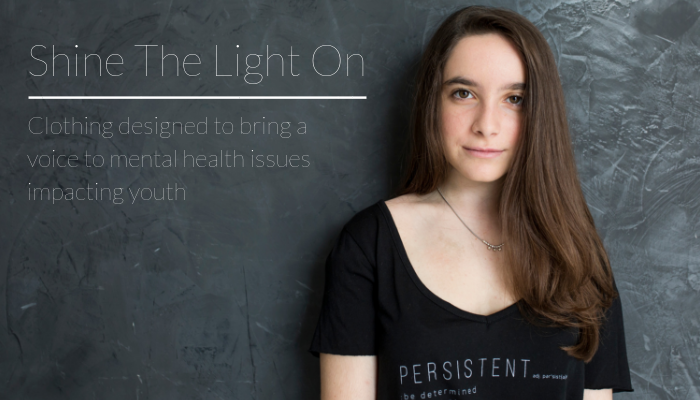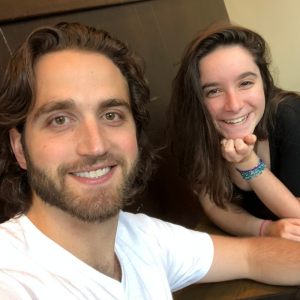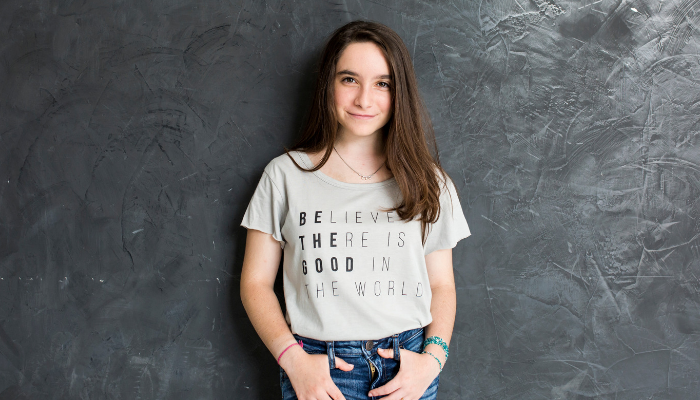
On September 4th, the first day of school for most students across Canada, next to a story with the title “Happy 1st Day of School!” was one with this headline:
New report highlights ‘alarming’ state of Canadian kids’ well-being
The report, Raising Canada, A Report on Children in Canada, Their Mental Health and Well-being, was prepared by the University of Calgary’s O’Brien Institute for Public Health for Children First Canada. When I saw the headlines I looked up the report and this jumped off the pages:
- Over the last 10 years there has been a 66% increase in emergency department visits, and a 55% increase in hospitalizations, of children and youth (age 5-24 years) due to mental health concerns.
- Approximately 2500 children (10-17yrs) are hospitalized every year due to self-harm injuries, with girls making up 80% of those children. Self-harm hospitalizations increased 90% between 2009-2014.
- A 2016 survey conducted by Kids Help Phone found that one in five (22%) children aged 13-18 reported considering suicide in the past 12 months; 46% of this 22% reported having a plan.
- Girls are two times more likely to seriously consider suicide compared to boys (girls – 67%, boys – 33%).
When I look at these numbers, I am upset and to be honest, not that surprised. When I remind myself that these numbers represent people – my peers – I am worried for the state of my generation.
I believe that it’s important to know these numbers because once we know there’s a problem, we can implement the solution. We need to do something and then we need to do more. We need to talk more. We need to listen more.
I have recently become an Ambassador for Shine the Light On – a line of clothing designed to bring a voice to mental health issues impacting youth. The mission of STLO is to shift the paradigm and redirect the conversation from reducing stigma to acceptance. The goal is to stop the negative attitudes that people living with mental health issues face.
 I first met STLO founder, Eli Brown, backstage at WE Day in Manitoba last year and we reconnected over the summer to talk about how and why STLO is making a difference.
I first met STLO founder, Eli Brown, backstage at WE Day in Manitoba last year and we reconnected over the summer to talk about how and why STLO is making a difference.
“What we want to do is change the way that people look at mental health and also fund non-profits that support youth who are struggling with their mental health. I think about our shirts as conversation starters. More people need to talk about mental health, so this is a big helping hand.”
He told me about the moment that he knew it was working – he was visiting a store that sells STLO shirts and talked to sales people about their experiences with customers. They told him about conversations they’ve had around mental health when people saw the shirts. Customers were sharing their own personal stories about the ways that they’d been impacted by mental health. It made him realize that from making one shirt at a screen printer that he bought on a whim at a second-hand store, he was helping erase the stigma around mental health. That first shirt said “THE THINGS THAT MAKE ME DIFFERENT MAKE ME.” This is my first STLO shirt:

A big part of why Eli is as passionate as he is about mental health is because he has gone through his own struggle with mental health and addiction. He admits that while it took him a long time to get there, the solution for him was reaching out for support. “I kept my struggles within for years, and I wasn’t able to get help, because I was so reluctant towards it,” he told me, “but also, I wasn’t vocal about the help that I needed. Once I was open about the help that I needed, I was able to then build a support network of friends and family and councilors who were able to get me back on the path of success.”
Something that so many mental health advocates, including Eli, continue to say is ‘Its ok not to be ok’. I wanted to find out what this means to Eli and I loved his answer. “For me it just means that not everyone has great days or weeks or months or years, and that’s okay. Like, people go through ups and downs, and it’s perfectly fine going through those ups and those downs, and they shouldn’t be ashamed of those.”
For many, including myself, it’s hard navigating the right things to say to someone going through a mental illness or even a rough time when all you want to do is help. I was curious as to how we can be allies to someone in our circle. “I think my advice would be to be a listening ear. Just letting people share their story and reach out for help, and then when people do, do everything that you can to offer support and no judgment, and just be there to help that person go through that journey.”
You never know how much of an impact you can have on someone by simply being there to listen.
Something that I ask people a lot is to share their mantra with me – that one thing that they say might say to themselves in the mirror everyday. Eli’s mantra is definitely one of the best I’ve heard:
No matter what that change you’re working toward is, if the deed is noble, then your commitment and pursuit of it should not be dependent upon whether or not you achieve it.
I’m proud to be an STLO Ambassador and do all that I can to shine the light on mental health. I hope that when people see me wearing a shirt with positive messages, they know that I’m an ally, here to listen.
You can learn more about STLO and buy your own shirt by visiting the website. You can also find STLO on Instagram @shinethelighton.

Leave a Reply